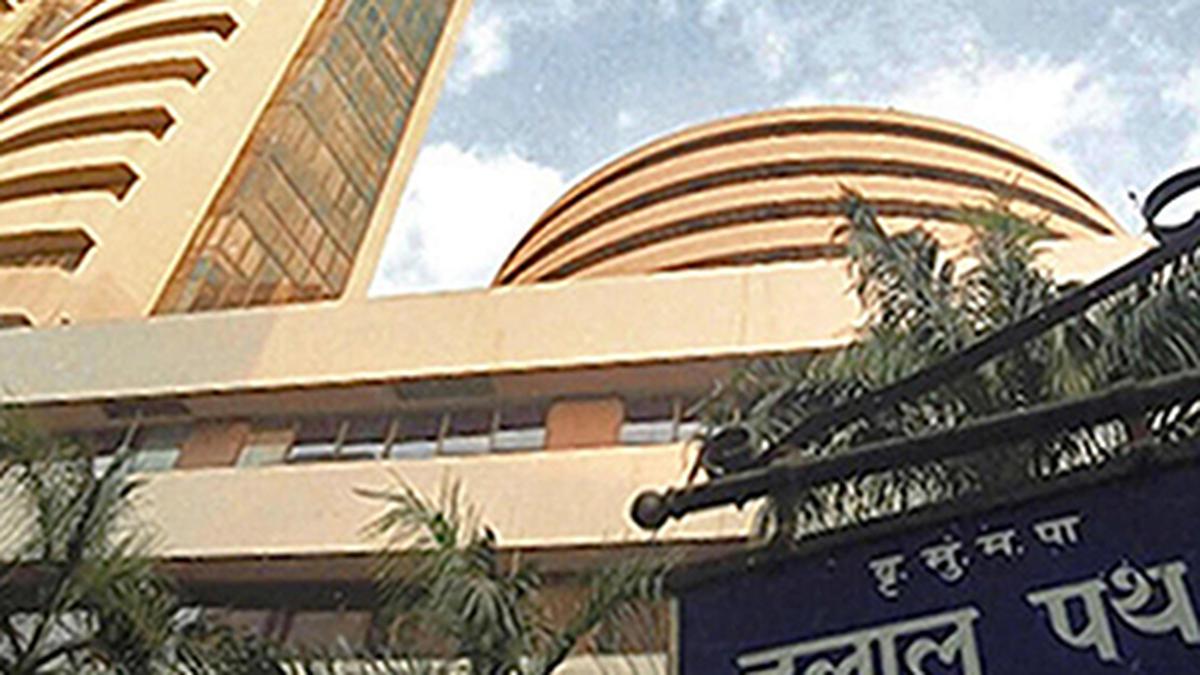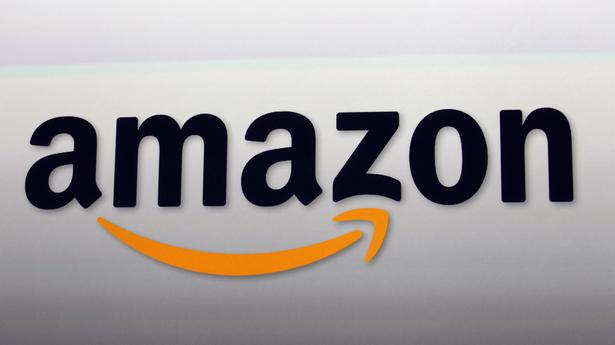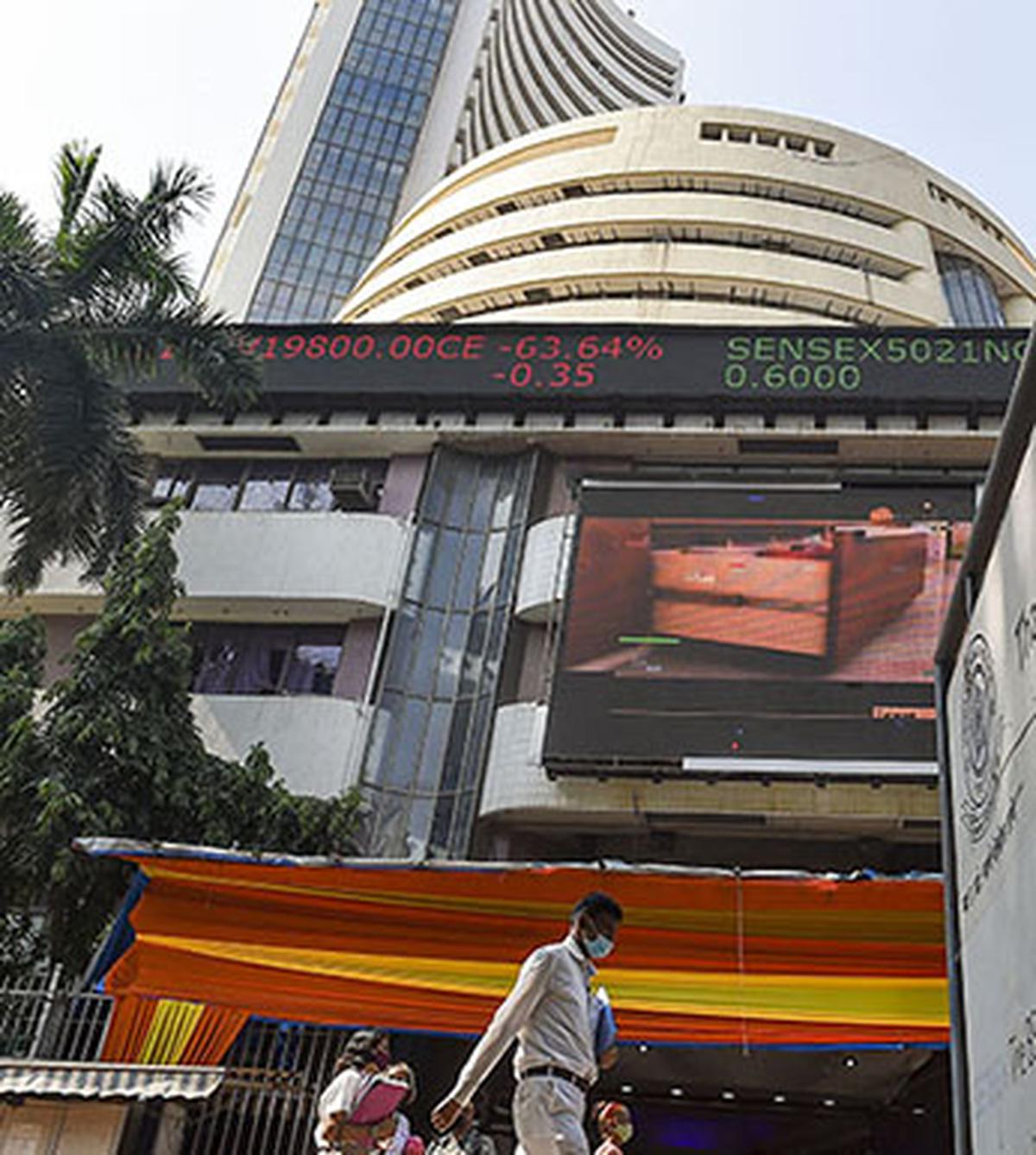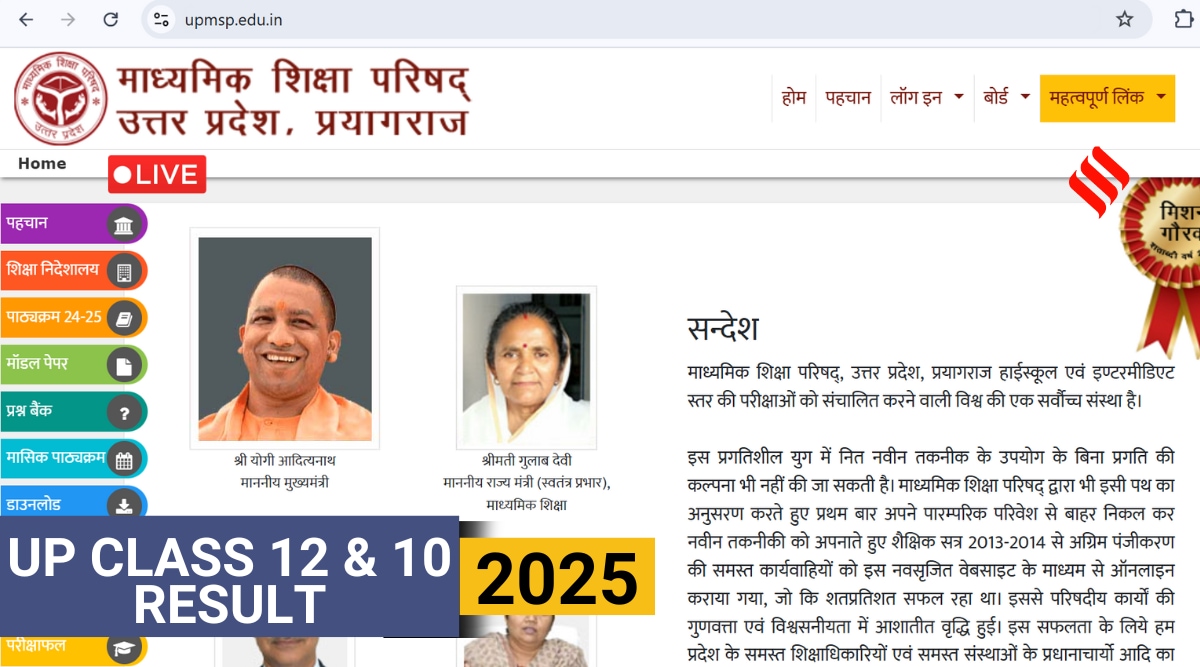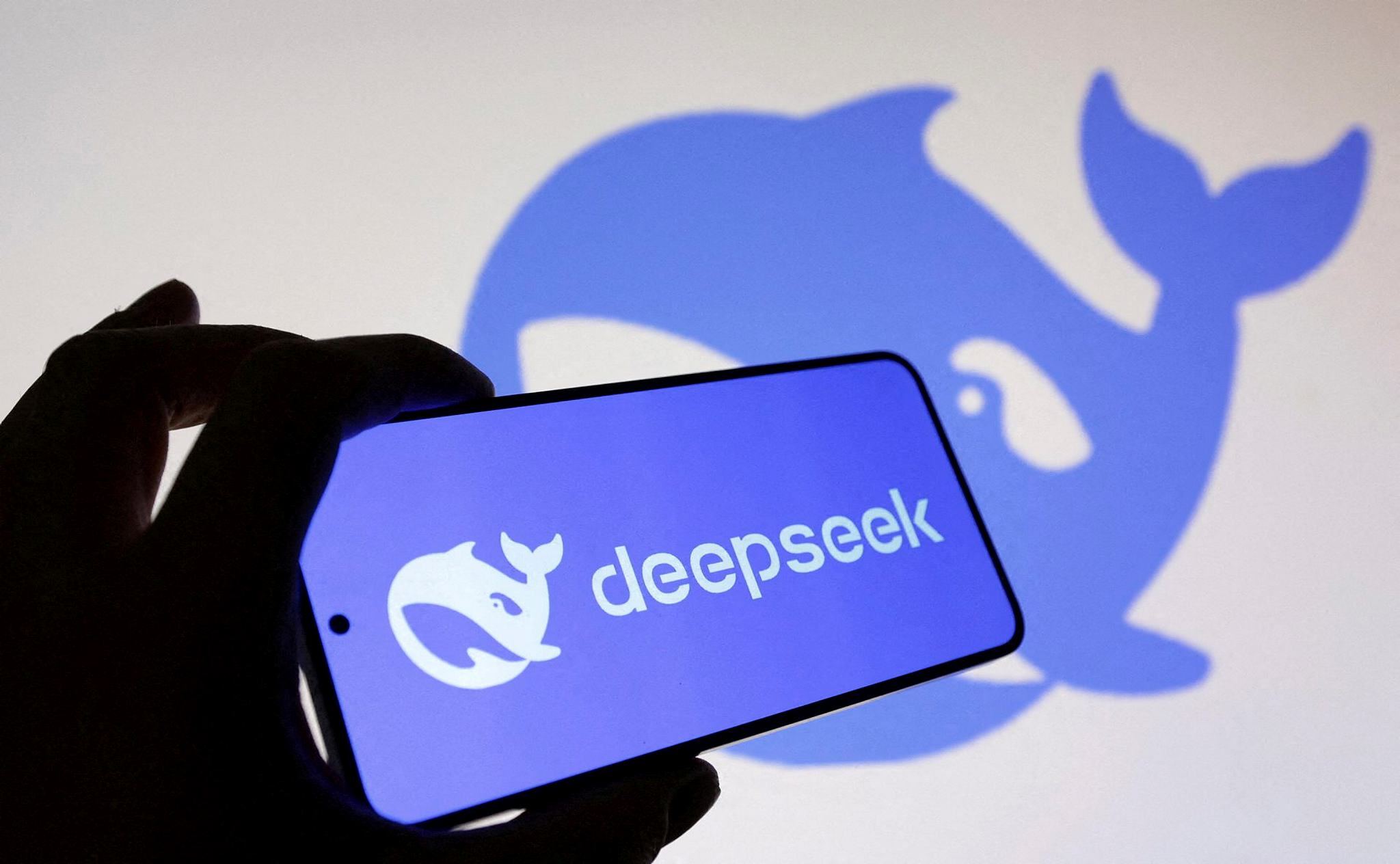The Telecom Regulatory Authority of India on April 3, 2023, moved to repeal dial-up internet connection services. Image for representational purpose only.
| Photo Credit: The Hindu
The last dial-up internet connection was switched off in India in March 2021, the Telecom Regulatory Authority of India (TRAI) said, as it moved to repeal a decades-old regulation to dictate the early web access technology’s quality of service.
“These regulations were issued when the dial-up service was the only service available for accessing low-speed internet,” TRAI said in a draft released on April 3, referring to the 2001 regulation.
“With the passage of […] time, the telecommunication networks both wireline as well as wireless have evolved to offer high-speed broadband service on xDSL, FTTH, LTE, etc.,” the regulator said in an explanatory note, referring to technologies used by telecom and broadband providers to deliver their services.
“Only BSNL was reporting the dial-up subscribers until March 2021 and afterwards BSNL was also not reporting any dial-up subscribers,” TRAI said in its note, adding that BSNL had sent the regulator a certificate confirming that it no longer had any dial-up users in India.
Dial-up internet speeds were theoretically capable of reaching a maximum of 56 kilobits per second. A 100 Mbps fiber-to-the-home connection commonly available in Indian cities is over 1,800 times faster than this.
The regulations that TRAI is seeking to repeal also set quality benchmarks of leased-line internet, a service to which businesses and other organisations subscribe. TRAI reasoned in a press release issued with the draft repeal that service-level agreements (SLAs) privately signed between organisations and internet providers were sufficient to safeguard the former.


